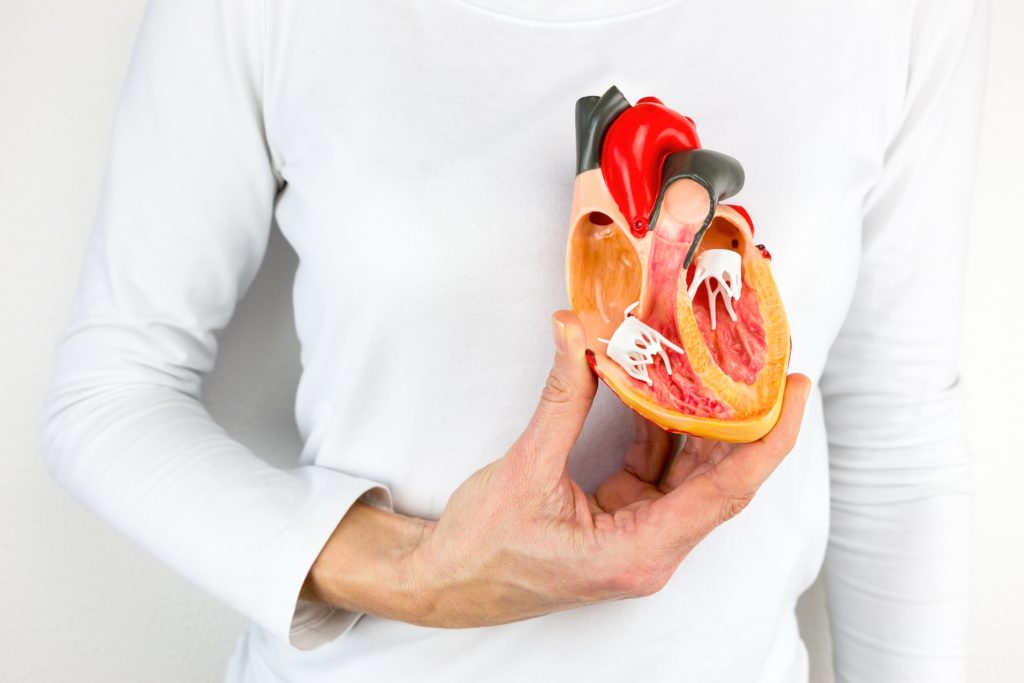All in all, it’s been a good year for primary care in the UK. Results from the first year of the Quality and Outcomes Framework (QOF) showed practices have performed much better than anyone expected in terms of delivering very high quality care. BJPCN is designed to help you keep hitting the challenging targets practice teams will be aiming for in the year ahead.























